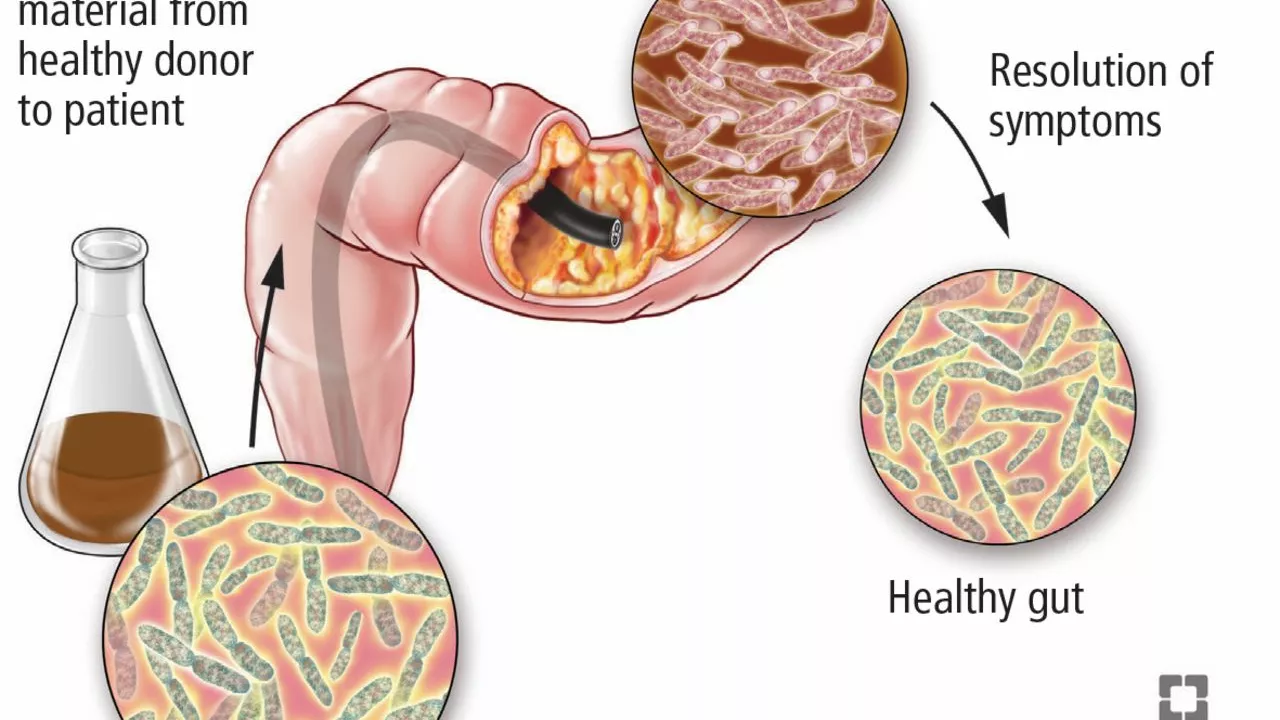Enteric Infections: How to Recognize and Manage Gut Illness
Ever had a sudden stomach bug that just wouldn’t quit? Most likely, you caught an enteric infection. These infections hit the digestive tract—think your stomach and intestines—and they’re often the culprits behind diarrhea, stomach pain, and nausea.
Enteric infections come from harmful bacteria, viruses, or parasites. You can pick them up from contaminated food, water, or close contact with someone who’s sick. Places with poor sanitation or where water quality is low are especially risky spots.
Signals Your Gut Is Under Attack
When dealing with an enteric infection, symptoms show up pretty fast. Diarrhea is the most common sign, but you might also feel cramps, bloating, and sometimes fever. In more serious cases, dehydration becomes a real danger because loose stools and vomiting drain your body fast.
Keep an eye on how severe your symptoms are and how long they last. Most infections clear up in a few days with rest and fluids, but if diarrhea sticks around for more than a few days or if you see blood in your stool, it’s time to see a doctor.
Smart Steps to Avoid and Handle Enteric Infections
Washing your hands regularly is the easiest way to stop the spread of these infections. Also, make sure your food is cooked well and water is from a safe source. If you’re traveling to places with questionable water quality, bottled or boiled water is your safest bet.
If you catch an enteric infection, focus on staying hydrated. Oral rehydration solutions or simple water with a bit of salt and sugar can help keep your body balanced. Avoid alcohol, caffeine, and high-fat foods until you feel better. In some cases, your doctor may suggest medication, but many infections resolve on their own.
Understanding these infections helps you take control. Knowing when to fight them with home care and when to reach out for medical help can save you a lot of discomfort and prevent complications. Keep smart habits, stay informed, and your gut will thank you!
How to Recognize the Early Signs of Enteric Infections
In my recent blog post, I discussed the early signs of enteric infections, which are illnesses caused by harmful bacteria or viruses in our digestive system. I explained that symptoms often include stomach pain, vomiting, diarrhea, and fever. I highlighted the importance of being aware of any changes in bowel habits, as this is usually the first indication of an infection. I also emphasized that if these symptoms persist or become severe, it's crucial to seek medical attention immediately. After all, early recognition and treatment can significantly improve recovery outcomes.

